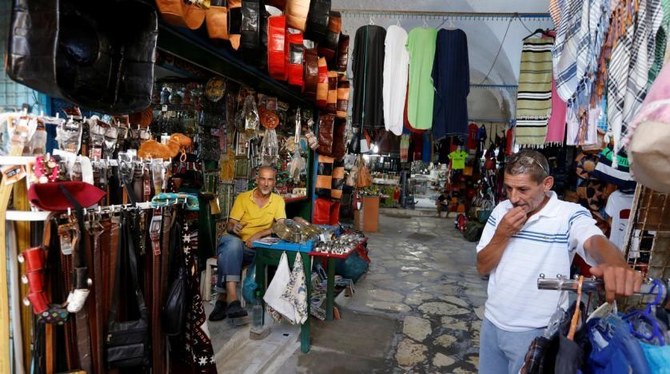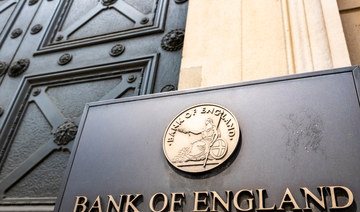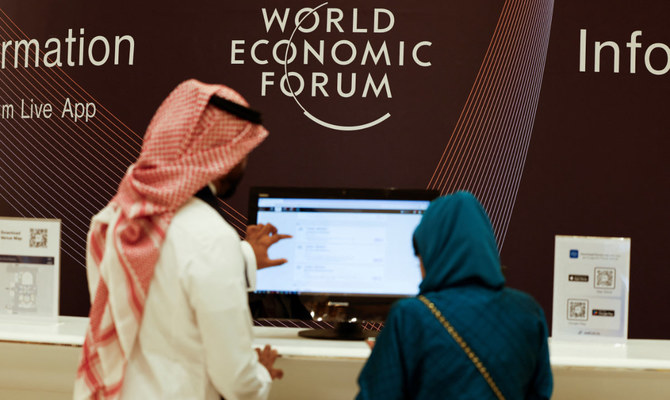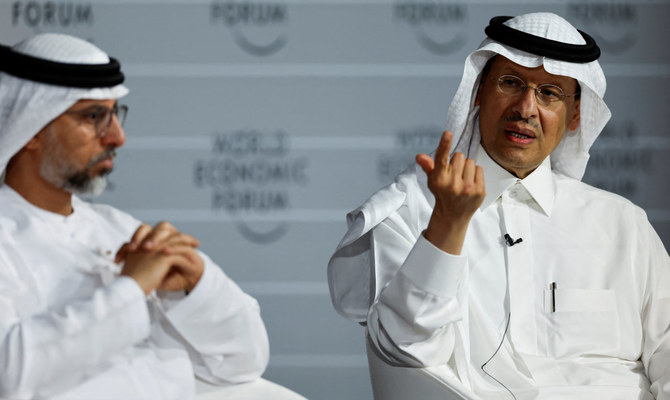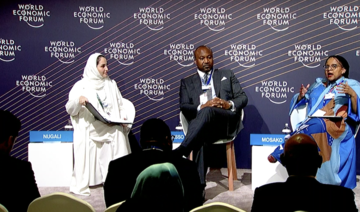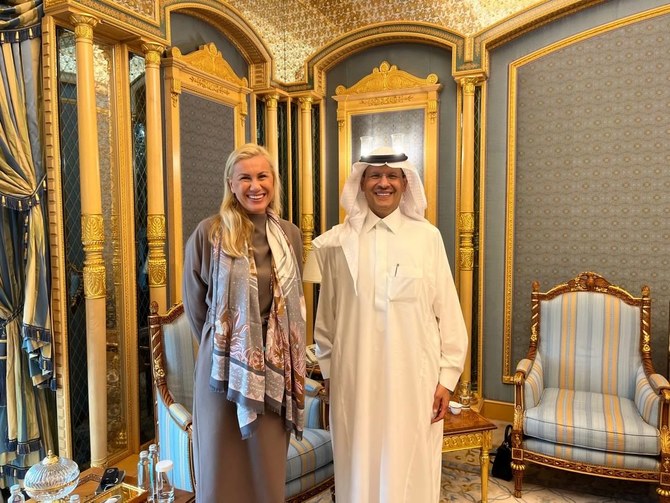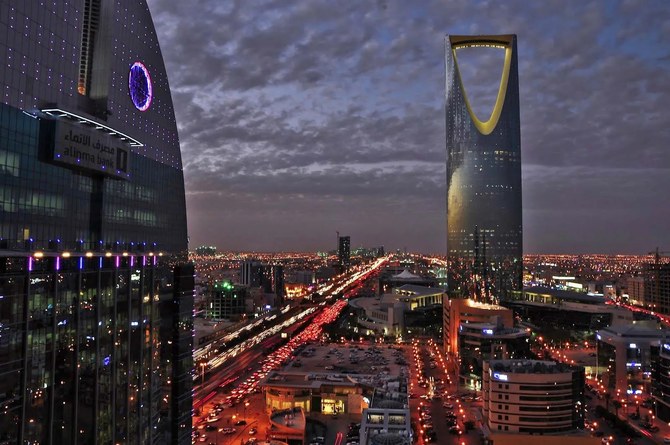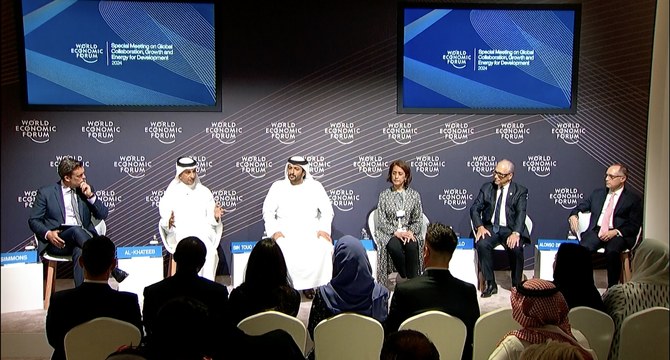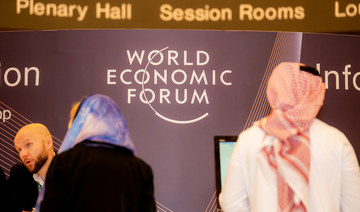RIYADH: Foreign investments in Tunisia rose by 73 percent in the first three months of 2022 compared to the same period a year earlier, the Foreign Investment Promotion Agency reported, according to Tunisia’s state news agency.
The EU said in March it planned to lend €450 million ($475 million) to support Tunisia’s budget and said it would invest 4 billion euros in coming years.
The North African country has been seeking international help to support its strained public finances.
Mexican inflation
Mexican inflation is expected to have continued its upward climb in April, reaching heights not seen since January 2001, a Reuters poll showed, reinforcing forecasts that the central bank will again hike its key interest rate next week.
The median forecast of 11 analysts surveyed was for consumer price inflation to rise 7.72 percent in the year through April, far above the Bank of Mexico’s target of 3 percent, plus or minus 1 percentage point.
Annual core inflation, which strips out some volatile food and energy items, was seen at 7.17 percent in April, also a 21-year high.
By comparison, headline inflation rose 7.45 percent in the year through March, while core inflation increased 6.78 percent.
UK income hit from high inflation
People and businesses in Britain need to realize they are unlikely to recover the income lost to high inflation any time soon, the Bank of England’s chief economist said on Friday in the latest warning from the central bank of tough times ahead.
A day after the BoE forecast inflation would surpass 10 percent later this year, causing a sharp economic slowdown — and possibly a recession — Huw Pill said the central bank was unable to cushion people from surging energy and goods prices.
“What we are buying is becoming more expensive relative to what we are selling,” Pill told an online briefing for businesses hosted by the BoE.
“That does imply some sort of squeeze ... on the real spending power of domestic residents in the UK. How that is distributed across firms, across wage-earners, across pensioners and so forth, monetary policy does not have much to say about that.”
Austria’s account deficit
Austria’s current account balance swung to a deficit in 2021 for the first time in 20 years as coronavirus-related travel restrictions hurt tourism badly and Austrian investments abroad grew, the Austrian National Bank said on Friday.
The country recorded a current account deficit of €2.1 billion ($2.2 billion), or 0.5 percent of gross domestic product, a sharp swing from a surplus of €7.2 billion in 2020, the year the pandemic and restrictions aimed at slowing it began in Europe.
The pandemic’s impact on the global economy “severely affected” Austrian trade in 2021, ONB Vice Gov. Gottfried Haber said in a statement, adding that many problems remain.
“Disrupted supply chains, rising energy prices and volatile markets will continue to affect Austria’s economy in the immediate future as well, as will the unforeseeable consequences of the war in Ukraine,” he said.
World food prices ease
World food prices eased slightly in April after hitting a record high in March, pushed lower by vegetable oils and cereals, the UN food agency said on Friday.
The Food and Agriculture Organization’s food price index, which tracks the most globally traded food commodities, averaged 158.5 points last month versus an upwardly revised 159.7 for March.
The March figure was previously put at 159.3.
“The small decrease in the index is a welcome relief, particularly for low-income food-deficit countries, but still food prices remain close to their recent highs, reflecting persistent market tightness and posing a challenge to global food security for the most vulnerable,” said FAO Chief Economist Maximo Torero Cullen.
Although it declined month-on-month, the April index was 29.8 percent higher than a year earlier, pushed up in part by concerns over the impact of the Russian invasion of Ukraine.
(With input from Reuters)



